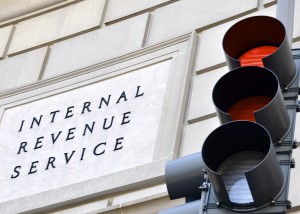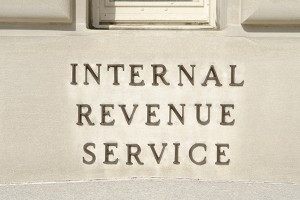When you die, your executor has responsibility to pay all your remaining debts if your estate has enough probate assets to pay them. Probate assets are assets that were in your name alone and pass by your will. Before your executor pays any creditors he or she must first pay the estate administration expenses such as funeral costs, grave marker, probate fees, medical bills, attorney fees and rent for the previous six months prior to your death. After the administrative expenses are paid, the secured creditors are paid and any probate assets remaining will go to pay unsecured creditors.
If the estate is not solvent, and a creditor is paid more than he is entitled to receive, the executor can be held personally responsible to the extent of the overpayment. The executor also may be personally liable if he or she distributes estate property without having given proper notice to those having a claim against the estate.
As a general rule, debt collectors may not try to collect from your heirs. However, there are several exceptions. The first exception is if an heir was a co-signer of a particular debt in which case they would be responsible for that debt or if someone held property jointly with you, they would be responsible for any debts on the joint property. The third exception is if an heir inherits a car or a boat that had an outstanding loan, they would have to pay the loan off or the car or boat would be repossessed by the lender.
Creditors cannot be paid from any assets that pass directly to a beneficiary. Assets that pass directly to a beneficiary are called non-probate assets and include jointly owned bank accounts and any account or life insurance policy with a named beneficiary. Therefore a jointly held bank account would pass directly to the joint owner, and the funds in that account could not be used to pay creditors. Similarly, life insurance policies pass directly to the beneficiaries, so creditors do not have access to those funds. In addition creditors cannot access funds held in an irrevocable trust.
A debt collector may not contact your heirs or relatives to try to collect payment unless they were co-signers of the debt or the debt was a jointly owned debt. Debt collectors are allowed to contact the executor of your estate, or your spouse, or your parents if you were a minor, to discuss the debts but may not discuss the debts with anyone else.
Contact Gregory J. Spadea
If you have any questions or need help probating an estate please contact Gregory J. Spadea at 610-521-0604 of Spadea & Associates, LLC in Folsom, Pennsylvania.













